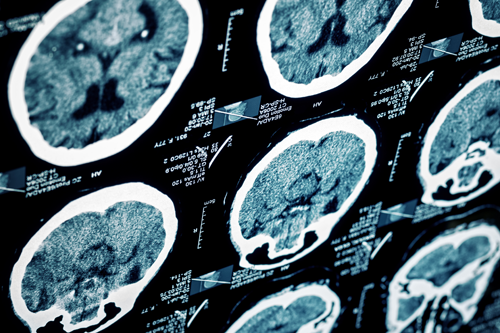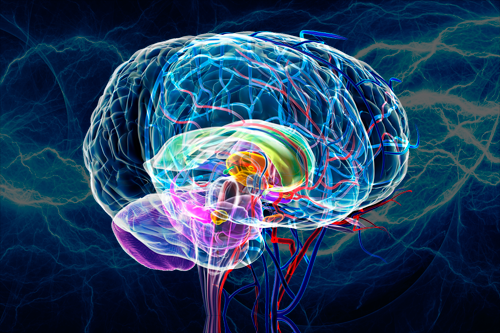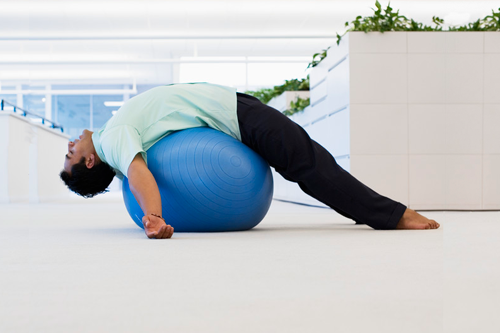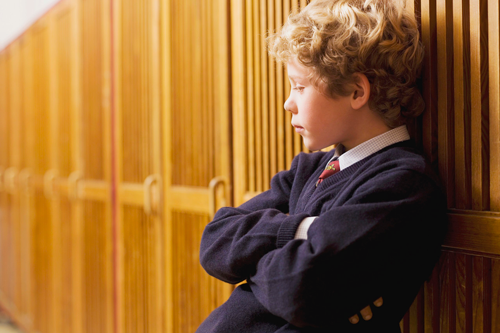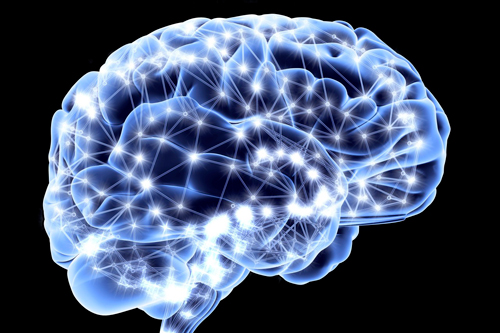In The Biology of Belief, Bruce Lipton, Ph.D., asserts that the subconscious mind can process approximately 20 million bits of information per second, while the conscious mind processes only about 40,000 bits in the same time frame. With so much input vying for your attention, how does your brain choose where to place your awareness? Researchers in the psychology department…



